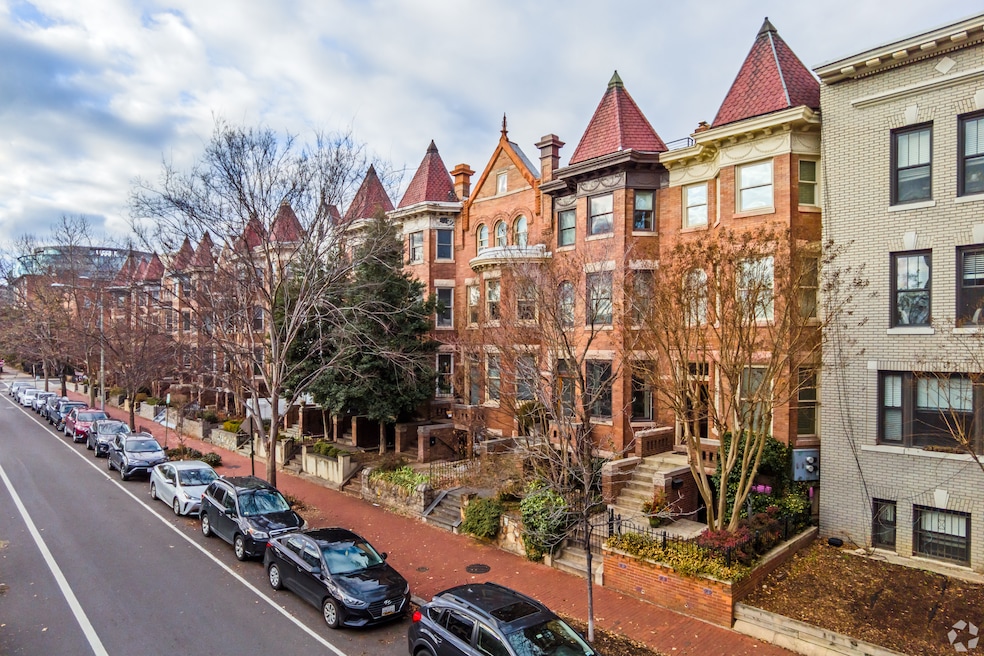Homeowner equity weakens as prices moderate
The average homeowner in the United States lost about $9,200 in home equity in the three months between March and June compared to the same period a year earlier.
In all, the average homeowner had about $307,000 in equity in the second quarter, according to a report released by real estate data firm Cotality on Friday.
Though that's higher than pre-pandemic, it marks a shift after years of historically high equity growth as a result of quickly rising home prices, according to Selma Hepp, the firm's chief economist.
“Home prices this year have experienced the slowest rate of growth since the Great Financial Crisis of 2008," she said in a statement. "As appreciation remains modest and even declines in some markets, home equity accumulation is projected to follow suit. With the reduced pace of appreciation, seasonal fluctuations in home prices will have a pronounced impact on equity changes."
In fact, data from Homes.com last week revealed that so far this year, home prices are growing half as fast as they did during the same period in 2024. In some markets, prices have even declined annually.
The Cotality data revealed that homeowners in Washington, D.C., and Florida saw the largest annual declines in equity, with decreases of $32,000 and $34,000, respectively.
More renters are priced out of homeownership
Elevated mortgage rates and high home costs have priced an additional 1.8 million renter households out of homeownership, according to a CBRE analysis released Monday.
The report tracked 69 markets and found that as of the second quarter, Boston and Washington, D.C. had the most renter households that could no longer afford a median-priced home. Los Angeles, Philadelphia and Sun Belt markets including Tampa, Austin, Phoenix and Atlanta also ranked near the top of the list.
All told, the share of renter households that could afford a median-priced home in the second quarter was just 12.7%. That's down from 17% in 2019.
"Eroding the spread between homeownership and renting requires a combination of lower home prices and interest rates, higher average incomes and strong rent growth," according to the analysis. "However, it will take years for the ownership-to-rent spread to return to more typical levels, leaving multifamily occupancy rates relatively high."
Small lots are the key to increasing housing supply, report posits
Lawmakers should prioritize homebuilding on smaller, more affordable lots to increase the country's housing supply, according to a report from the American Enterprise Institute's Housing Center and the Chamber of Commerce.
The report released last week estimates a shortage of roughly 6 million homes across the United States. It offers four main solutions that could add up to 1.6 million homes per year:
- Allow smaller lots in subdivisions to add about 414,000 more single-family homes each year.
- Permit duplexes, townhouses and accessory dwelling units for an addition of approximately 482,000 new homes annually.
- Allow for more residential development in commercial areas to create about 587,000 homes.
- Open up federally owned land in the Western U.S. for the development of 146,000 homes.
"With small-lot flexibility and by-right zoning, we can cut red tape and make housing more affordable without subsidies," Edward Pinto, the report's author and co-director of the AEI Housing Center, said in a statement. "This isn't about overhauling communities—it's about giving families a real shot at homeownership."

